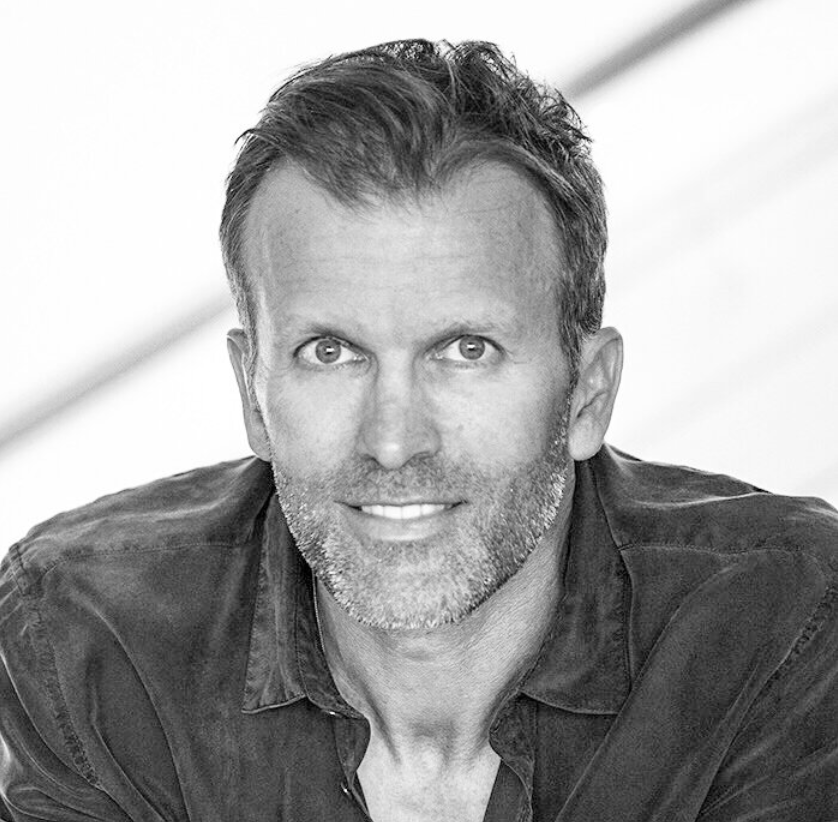
The Freedom Of Loving Your Imperfection w/ Peter Crone & Vylana | AMP 412
Share
Vylana has lived inside a prison of comparison that has kept her from fully loving herself her entire life.
In this highly emotional and paradigm shifting podcast she is guided by the mind architect Peter Crone down a path that teaches anyone how to liberate yourself from this construct. This is one of the most important podcasts I have ever released, especially for women who resonate with Vylana’s story. Peter Crone is a master who has honed a very powerful skillset. In minutes he can help you realize and let go of the subtle, insidious stories that have held you back for decades.
Vylana’s liberation process can serve as a template to help you illuminate the prison you’ve been living in, and help you find the key to unlock the door.
In this highly emotional and paradigm shifting podcast she is guided by the mind architect Peter Crone down a path that teaches anyone how to liberate yourself from this construct. This is one of the most important podcasts I have ever released, especially for women who resonate with Vylana’s story. Peter Crone is a master who has honed a very powerful skillset. In minutes he can help you realize and let go of the subtle, insidious stories that have held you back for decades.
Vylana’s liberation process can serve as a template to help you illuminate the prison you’ve been living in, and help you find the key to unlock the door.